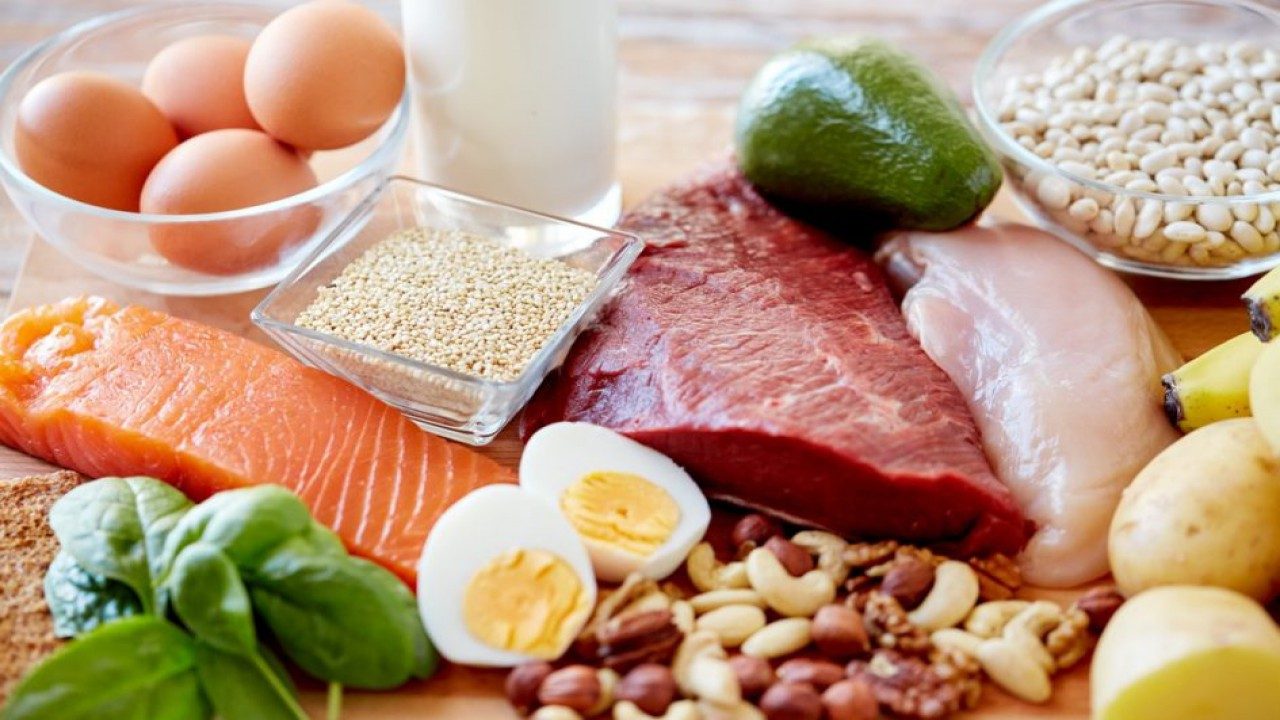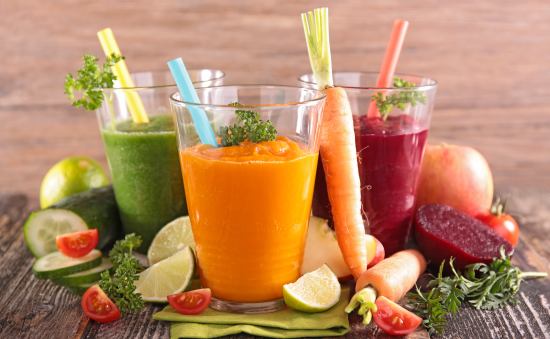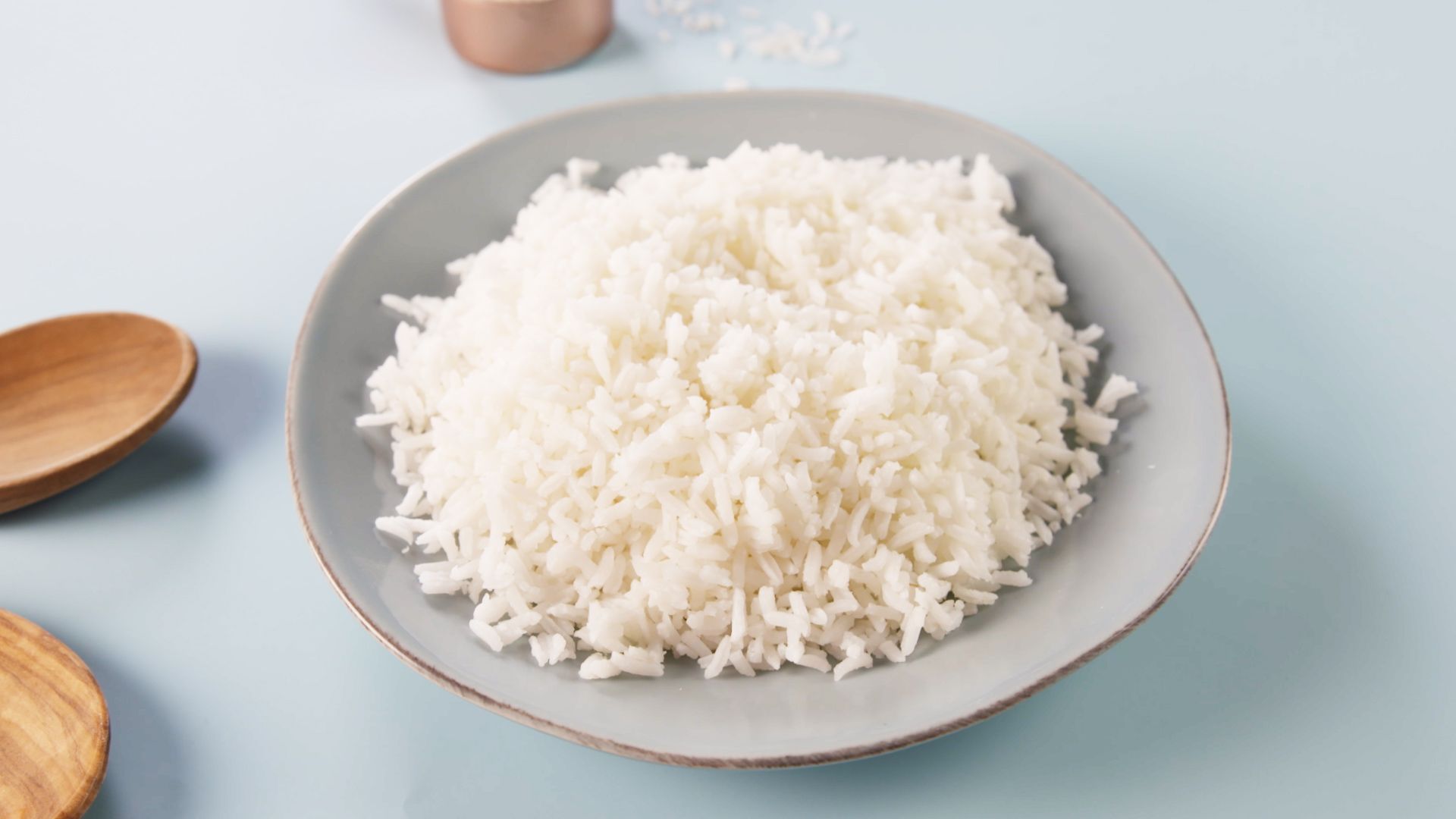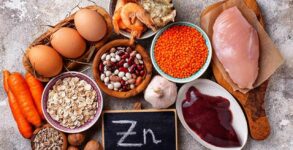Islamic community all over the world is observing the auspicious holy month of Ramadan. During this period fasting or Roza is observed from sunrise to sunset. They eat Sehri or Suhoor meal before the dawn and break the fast with a meal after sunset referred to as Iftar.
With fasting there comes several health benefits but only if it is done in the right way and the only way to do it right is balancing nutrition, exercising control as it keeps you healthy while observing a fast during Ramadan.
Here are some foods that will help you throughout the fasting period
Foods to eat
- Drinks: Beverages are considered the best way to break a fast as plenty of fluids replenish the body. Also one can opt for smoothies, fruit juices or even water which keeps one hydrated without extra calories or sugar. Soup can also opt as it is considered traditional in many Arab countries.
- Fruits and vegetables: Fruits give the body the much needed natural sugar along with vitamins and minerals that help boost the energy levels. Vegetables with high fiber content helps in digesting food better and are substantial for a longer period of time.
- Dates and Dry Fruits: They are traditionally eaten to break the fast during Ramadan. To give healthy and fun twists, Jagger Bombs can be tried. It contains dry fruits such as pistas, almonds, foxnuts, cashews bound with organic jaggery, gondh and pure cow ghee that will give all the essential nutrients to break the fast.
- Rice: during fasts, brown rice, black rice, wholegrain noodles, wholegrain pasta or wholemeal bread can be eaten as they are complex carbohydrates that provide a slow, stable and sustainable release of energy. Also, it replenishes the body with essential fibers and minerals after fasting.
- Meat: protein-rich food such as lean meat, chicken, fish, eggs, etc. proteins are the building blocks for healthy bones, muscles, cartilage, skin, and blood. They help to build and repair tissue.
Foods to avoid
- Processes/oily food: This type of food contains fewer nutrients and more fat. It can lead to acidity, nausea, indigestion, heartburn. At all costs, packaged and junk food should be avoided and food with lesser oil should be consumed.
- Salty Food: Too salty food should also be avoided especially during Suhoor or sehri as it increases thirst and can lead to dehydration.
- High-Sugar Food: Excess sugar in the body is stored as fat. Consuming high sugar foods and drinks can lead to weight gain and fatigue.
Safety measures to ensure during fasting in Ramadan
- One should make sure that they don’t skip Sehri or Suhoor. It is the most important meal of the day as it keeps the energy levels high throughout. Skipping this meal can cause digestive discomfort, sluggish and it can make you overeat during Iftar that can cause acidity, heartburn, bloating and weight gain.
- If you feel dizziness and are unable to stand then immediately hydrate yourself because failing to do so can lead to fainting, constipation or splitting headaches.
- After breaking the fast one should eat in moderation and food should not be consumed in large quantities. Keeping a constant check on the portion size is important. One should eat not feast after fast.
- Exercising during fasting should be limited as indulging in intense workout sessions during fasts is not a good option. As the body needs to conserve the energy, workouts should not go overboard.
Why dates are eaten during Ramadan? Religious belief, health benefits of this sacred fruit


























